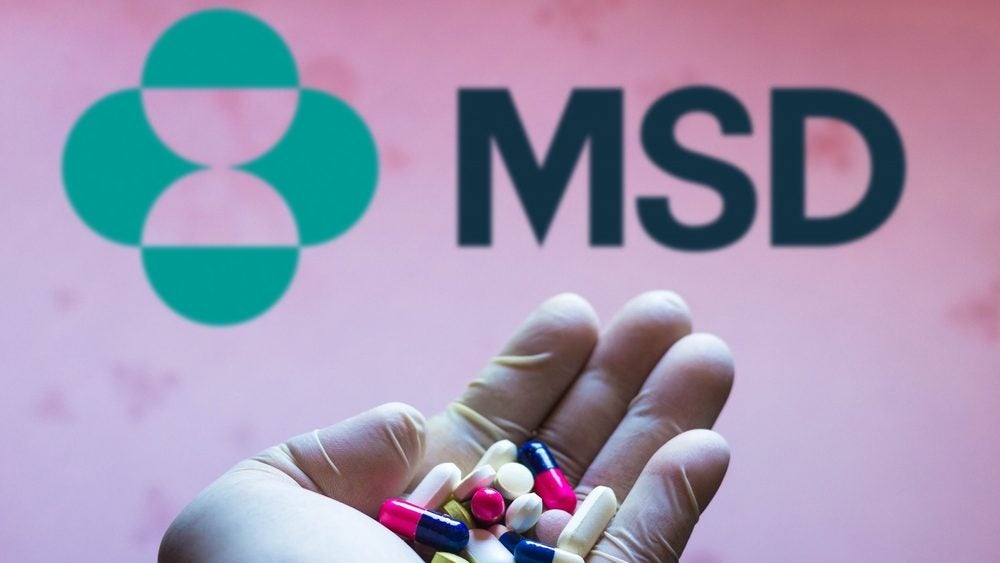
The French Government has awarded a €4.9m ($5.3m) grant to Paris-based Vivet Therapeutics to develop VTX-806, a gene therapy to treat a rare condition that leads to the accumulation of cholesterol in nerve cells called cerebrotendinous xanthomatosis (CTX).
The funding is part of the France Health Innovation Plan 2023 under the acceleration strategy of Biotherapies – Bioproduction in innovative therapies. The funding is operated by French investment bank Bpifrance and will be disbursed over three years, as per a 1 February press release.
Vivet is developing gene therapies for different rare disorders and has a partnership with Pfizer, wherein the latter owns 15% equity in the company.
VTX-806 is an adeno-associated virus (AAV) vector gene therapy that reinstates CYP27A1 gene activity. The therapy is being developed to stop or reverse disease progression over the long term, or to potentially cure CTX.
CTX is a rare autosomal recessive genetic disorder caused by an abnormality in the CYP27A1 gene. The gene is responsible for producing mitochondrial enzyme sterol 27-hydroxylase enzyme, responsible for converting cholesterol into a bile acid.
If untreated, CTX can cause progressive neurologic problems such as seizures, cognitive impairment, and ataxia. Current disease treatment includes oral bile acid replacement therapy and treatment with chenodeoxycholic acid to normalise the production of cholestanol.
Vivet’s lead candidate, VTX-801, is a gene therapy for Wilson’s disease being developed with Pfizer. The AAV vector gene therapy targets the ATP7B gene, responsible for causing the condition. It is currently being investigated in an open-label Phase I/II GATEWAY trial (NCT04537377), that has a clinical readout expected by the end of the year.
The study’s endpoint is to assess the safety and tolerability of VTX-801 at 52 weeks after a single infusion. Additional endpoints include changes in disease-related biomarkers, including free serum copper and serum ceruloplasmin activity, as well as radiocopper-related parameters and VTX-801 responder status to allow standard-of-care withdrawal.
Other therapies in Vivet’s preclinical pipeline include VTX-804 for the treatment of a rare neurological disorder, citrullinemia type 1, along with VTX-802 and VTX-803 for the treatment of progressive familial intrahepatic cholestasis (PFIC) - a set of rare genetic disorders.
In 2021, US-based Mirum Pharmaceuticals acquired development and commercialisation rights for VTX-802 and VTX-803.
Cell & Gene Therapy coverage on Pharmaceutical Technology is supported by Cytiva.
Editorial content is independently produced and follows the highest standards of journalistic integrity. Topic sponsors are not involved in the creation of editorial content.















